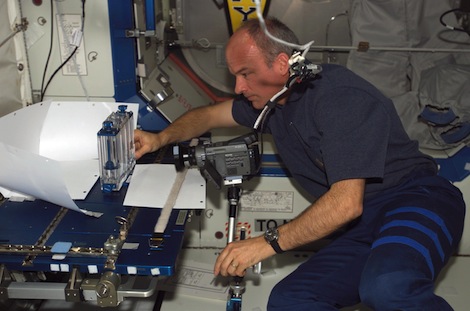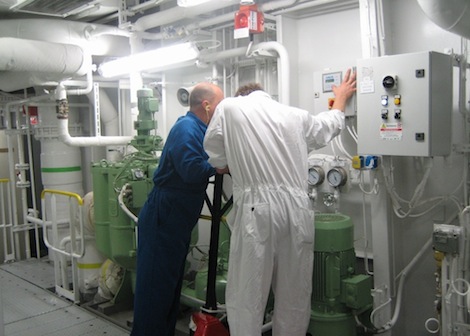Lessons in yachting: Engineers
In the second of a series of interviews with leading academics, SuperyachtNews.com spoke with Shaun Towers, senior lecturer in marine engineering at Warsash Superyacht Academy. Towers highlighted the benefits to the superyacht industry of the influx of commercially-qualified maritime engineers.…
Current examination processes are not testing core skills, he warns, and this is compromising the ability of engineers to deliver an appropriate level of quality. However, this dearth is increasingly being filled by an influx of commercial expertise, lured to superyachts by superior salaries. However, “if we take the parallel route that an engineering cadet takes to become a Merchant Navy officer, they have to take a three year training course which equips them with the knowledge to understand why things are made the way they are and the theory behind them”, he explains. The process for training commercial engineers is so far in advance of its yachting counterpart, he believes, that the disparity in quality between the two is marked.
But the allure of yachting to commercially qualified engineers is reaping benefits for the industry as more and more ‘jump ship’ and bring their knowledge to the yachting fraternity. “A lot of my engineering cadets are seeing the money on offer and jumping sideways into the yacht profession”, Towers explains. “The feedback I’m getting from the manning agencies is that the merchant guys have been properly trained, and if you have a 50 million-pound yacht, you’d rather have someone who has done the far superior training course.” And whilst these professionals are able to command higher salaries, the additional cost incurred is negligible in the context of the vessel’s operating budget.
As vessels get ever larger, a commercial qualification is required to act in a chief engineering capacity, and this has caused consternation among superyacht-specific certificate holders that all of the best jobs have been taken. But, whilst one can sympathise with the individuals, this trend is undoubtedly good for enhancing the on board experience and the efficacy of the fleet. And according to Towers, it is also prompting yacht engineers to switch to merchant qualifications. “They hit the underside of this glass ceiling where they can’t move up to a bigger yacht because of the limits of their certification”, he added. But switching brings its own problems, with the merchant qualification placing far greater demands on an individual’s mathematics, although this more rigorous form of testing produces more competent engineers, which is the ultimate aim for any professional industry.
Profile links
NEW: Sign up for SuperyachtNewsweek!
Get the latest weekly news, in-depth reports, intelligence, and strategic insights, delivered directly from The Superyacht Group's editors and market analysts.
Stay at the forefront of the superyacht industry with SuperyachtNewsweek
Click here to become part of The Superyacht Group community, and join us in our mission to make this industry accessible to all, and prosperous for the long-term. We are offering access to the superyacht industry’s most comprehensive and longstanding archive of business-critical information, as well as a comprehensive, real-time superyacht fleet database, for just £10 per month, because we are One Industry with One Mission. Sign up here.
NEW: Sign up for
SuperyachtNewsweek!
Get the latest weekly news, in-depth reports, intelligence, and strategic insights, delivered directly from The Superyacht Group's editors and market analysts.
Stay at the forefront of the superyacht industry with SuperyachtNewsweek





